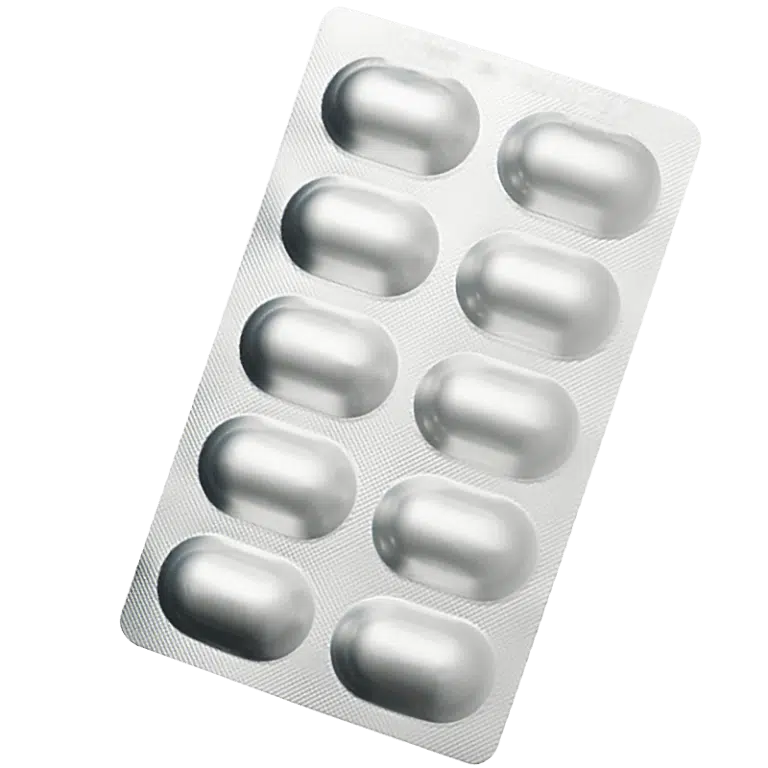Are there any foods I should avoid?
High-fat foods are the only food you need to avoid when taking Orlistat. It can be helpful to be prepared and think of some food swaps you can make before you start your course of treatment. Such as:
- boiled or poached eggs instead of fried eggs
- lean meat, tofu and lentils instead of sausages, pork belly or salami
- white fish like cod instead of canned fish
- semi-skimmed milk instead of full-fat milk.
By making simple swaps like this, you can still enjoy foods you’d normally eat while taking Orlistat.
Will Orlistat affect my vitamin levels?
Yes, Orlistat can hinder fat absorption, which can also affect the absorption of fat-soluble vitamins, like vitamins A, D, E and K. These vitamins are typically absorbed with dietary fats and stored in the liver and fatty tissue. As a result, it’s recommended to take supplements containing vitamins A, D, E and K, to ensure you have a sufficient amount of nutrients.
Will Orlistat affect my contraception?
Your contraceptive shouldn't be affected when taking Orlistat. However, if you get severe diarrhoea, and you use an oral contraceptive, this might render it less effective. In this case, use an additional form of contraception and check the patient leaflet provided with your contraceptive for more information.

